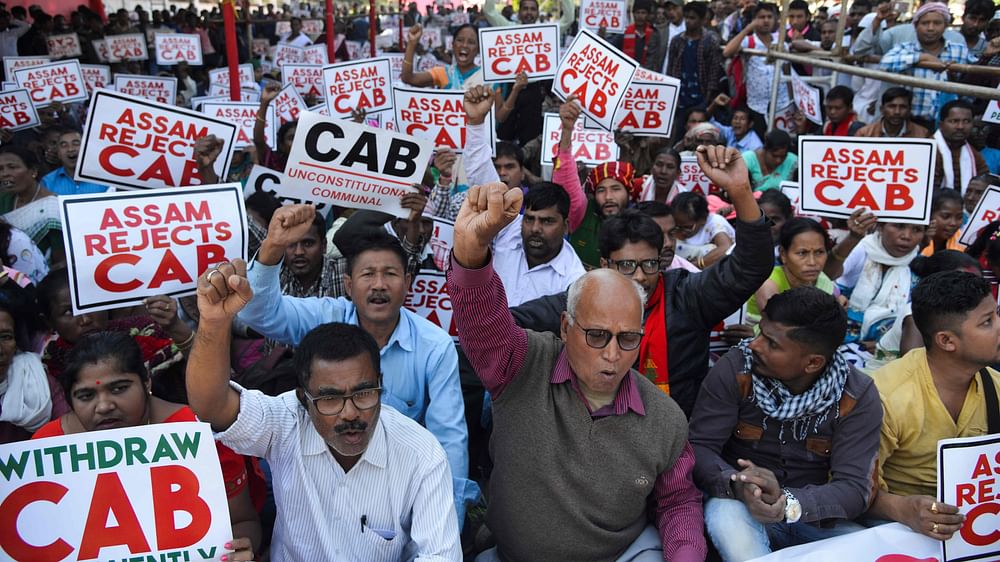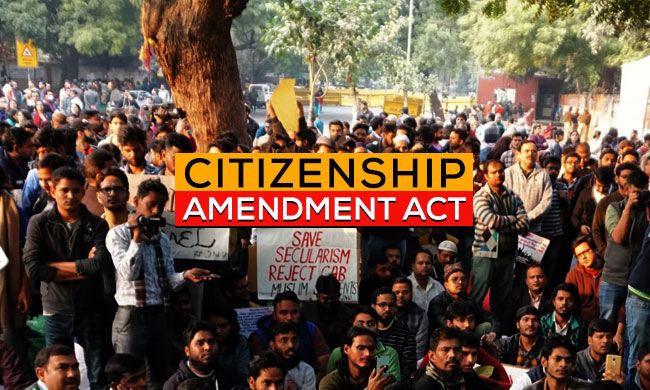
Citizenship Amendment Act is the Global geopolitics and domestic politics, the Indian Citizenship Amendment Act (CAA), passed at the end of 2019, is considered a fundamental law. To enable persecuted minorities from neighboring countries to gain accelerated citizenship, Hindus, Sikhs, Buddhists, Jains, Parsis, and Christians from Afghanistan, Bangladesh, and Pakistan are particularly mentioned. While the implementation of the CAA was delayed, leading to insecurity and uncertainty amid legal and bureaucratic challenges, it has sparked a glimmer of hope among Pakistani Hindus seeking refuge in India.
Background of the CAA:
The Citizenship Amendment Act was introduced in the context of historical divisions and the complex socio-political landscape of the Indian subcontinent. Its defenders argue that it is a humanitarian gesture intended to provide refuge for people fleeing religious persecution. However, the law has also sparked controversy and widespread protests across India. Critics argue that it is discriminatory because it excludes Muslims and undermines the secular fabric of the Indian constitution.
The Plight of Pakistani Hindus:
Pakistani Hindus, who have faced decades of religious discrimination and violence, see the CAA as a lifeline. Many have lived as refugees in India for years, if not decades, in constant fear of deportation and without access to the basic rights and amenities that come with citizenship, such as employment, education, and property. The CAA promises to change that and provide them not only legal status but also dignity and security.
The Current Scenario:
Despite the clear intentions behind the CAA, its implementation has been marred by delays. The COVID-19 pandemic has further sidelined the legislative agenda and left many hopeful beneficiaries in limbo. However, the resolve of the Pakistani Hindu community remains unshakable. They continue to live with hope, buoyed by the promise of the CAA and the prospect of finally belonging to a country that recognizes them as their own.
The Road Ahead:
For the CAA to deliver on its promise, the Government of India must remove the administrative and legal obstacles that have blocked its implementation. That includes creating the infrastructure needed to process citizenship applications and perhaps addressing the concerns of its critics to ensure the law strengthens, rather than undermines, India’s secular tradition.

Conclusion:
The CAA is putting out the fire, but the hope it has ignited among Pakistani Hindus and other persecuted minorities cannot be underestimated. As India navigates the complex interplay of domestic politics and international relations, many eyes will remain on how the country fulfills its obligation to provide protection and dignity to those who have long been denied both. The successful implementation of the CAA could not only transform the lives of many people but could also serve as a testament to India’s ability to show compassion and its role as a bastion for those fleeing persecution.









